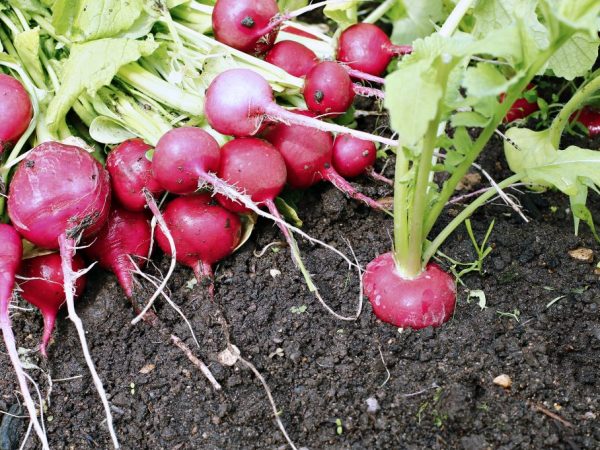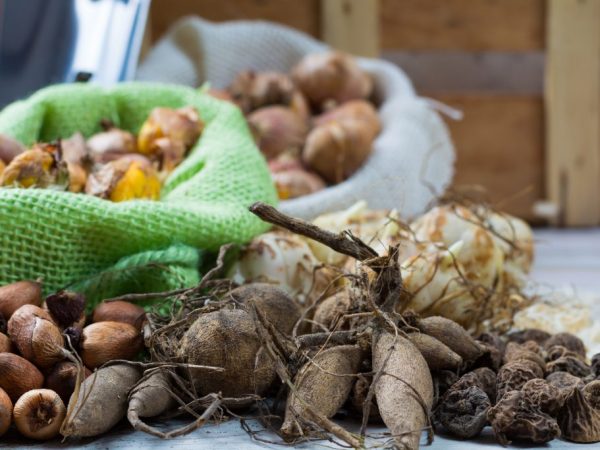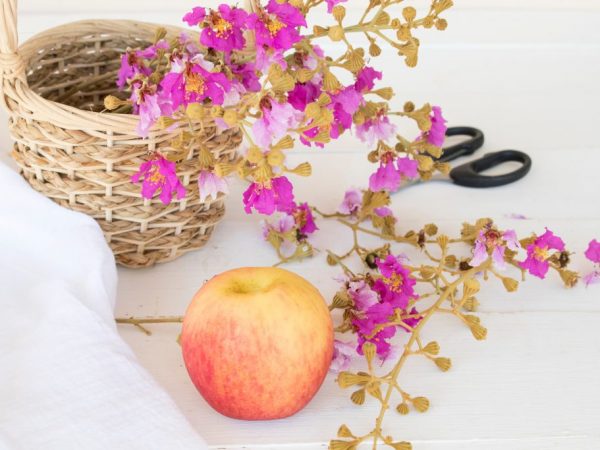Lunar calendar of the gardener and gardener for February 1, 2021
Monday
- Rooting the mustache: Garden strawberries
- Removing the whiskers to enhance fruiting and improve rooting: Garden strawberries
- Weeding
- Stepping into: Tomato
- Grubbing tree stumps
- Sowing seedlings b / p: Tomato
- Picking: Tomato; Cauliflower
- Sowing seedlings: Sweet pepper; Eggplant
- Cleaning: Carrots, beets for bunch products; Radish, radish; Mid-season and late potatoes; Garlic
- Sowing: Carrots for winter storage; Radish, radish
- Landing: Early potatoes; Mid-season and late potatoes; Garlic
- Sowing on green fertilizers: Cereals
- Root cuttings: Berry bushes
- Cropping: Berry bushes; Raspberry, hedgehog; Fruit trees
- Harvesting cuttings: Grapes; Fruit trees
- Rooting cuttings, dropping in vines: Grapes
- Pruning vines: Grapes
The influence of a lunar day
During this period, the Moon is in the waning phase. The vital activity of plants is declining: nutrients for the most part accumulate in the roots. Therefore, gardening work should be minimized.

It is best to devote this day to caring for the plants that form root crops. For example, potatoes, onions, Jerusalem artichoke, radishes, carrots are planted or harvested. During this period, many nutrients accumulate in the tubers.
Ripe seeds of crops producing root crops (radish, onion) now have a high germination rate.
It is possible to carry out surface loosening, careful removal of weeds, thinning. It is not advisable to feed the plants. It is also better to postpone irrigation work until later (with the exception of drought).
Vegetable beds, a flower garden and indoor plants should be left alone - now it is undesirable to disturb them.
But you can cut off excess branches and shoots of trees, plant seedlings. Manipulations with grafting fruit crops, as well as pinching grape shoots will go well.
The day is suitable for:
- planting root crops;
- collection of root crops and seeds of these crops;
- planting tree seedlings, forming a crown, grafting and pinching.
The day is not suitable for:
- active loosening and digging of beds;
- fertilization;
- irrigation works;
- care of any herbaceous plants not related to root crops.
Influence of the day of the week
On the first day of the week, the influence of the moon is paramount on human life. Having the peculiarity of introducing chaos and confusion in all matters, the celestial body can significantly spoil even those plans that did not seem to bring any special difficulties in implementation.Astrologers advise against planning global events for Monday, as the hostess of the day can turn everything upside down. If you cannot transfer the planned affairs, then you should listen to your own attitude. Perhaps the Moon itself will tell you how to behave in a given situation.

In the garden and in the garden, you can do mediocre things, the implementation of which will definitely not be able to harm the future harvest or flowering of plants.
It is strongly undesirable to arrange pruning of trees and shrubs. Such actions may not only fail to bring the expected fruiting and rapid flowering, but also ruin green spaces.
On Monday, new seedlings are not planted, and old plants are not transplanted from one place to another. Even the most favorable weather conditions will not help to overcome the influence of the moon, so survival rate and yield will be defective.
It is better to devote this day to:
- care for existing green crops.
- Cleaning dry foliage,
- fertilization of the soil and control of plant pests.
- picking ripe berries, fruits and vegetables.
Moon phase influence
This period has one very important difference, namely, a change in the circulation of nutrient juices in plants. At this time, the juices are directed towards the roots from the top. It is worth noting that on the waning moon, plants just slow down growth and activity. That is why, from March 3 to March 8, it is recommended to manipulate the aerial part of the plants, while not touching the roots.

The period is favorable for planting root and bulbous plants, since all their juices are collected in the root part. By planting root crops on the waning moon, you help them gain more strength and become much tastier and juicier.
What not to do
As a rule, on a waning moon, the roots become too vulnerable and prone to various diseases. Therefore, at this time it is recommended to postpone all work that is related to the ground. These include digging a site, loosening or watering plants.
When watering plants on a waning moon, you need to be very careful, as you run the risk of damaging the roots. Instead, focus on pruning trees or removing shoots. You can also do pest control and weed management for great results.
Work in the garden
If you are gardening, you can devote time to harvesting foliage and uprooting stumps or old trees. Harvesting is recommended only for aboveground plants.
The collected fruits will be well stored, therefore, for the waning moon, you can make various preparations, as well as drying herbs or fruits.
The influence of the zodiac sign
This time is considered to be unfavorable for landings. Despite the fact that Virgo is a zodiac sign related to the element of Earth. Planting on this day may not rise, and seedlings and seedlings may dry out in the ground. Plant transplants should also be abandoned.

Harvesting must be postponed, otherwise, you risk getting tasteless and unripe fruits, they will quickly deteriorate. Blanks should not be done during this period.
This day is suitable for planting flowering plants. Flowers planted in the soil during this period will delight you with long flowering and their fragrant aroma.
It is recommended to do the drawing up of herbariums from flowers. Such flower arrangements will look unforgettable if they fall into skillful hands.
Planting plants that have a decorative function and do not serve as human food is not prohibited: they will grow quickly and beautifully, delighting the eyes of the gardener and decorating the site.
Recommended:
- fertilize the soil.
- fertilize the soil while plowing or watering
- remove weeds and loosen the soil
Also, this period is considered favorable for work on the site for harvesting fallen leaves: it can be burned (if there are pests on the foliage) or sent to a compost heap (if the leaves are completely healthy).
